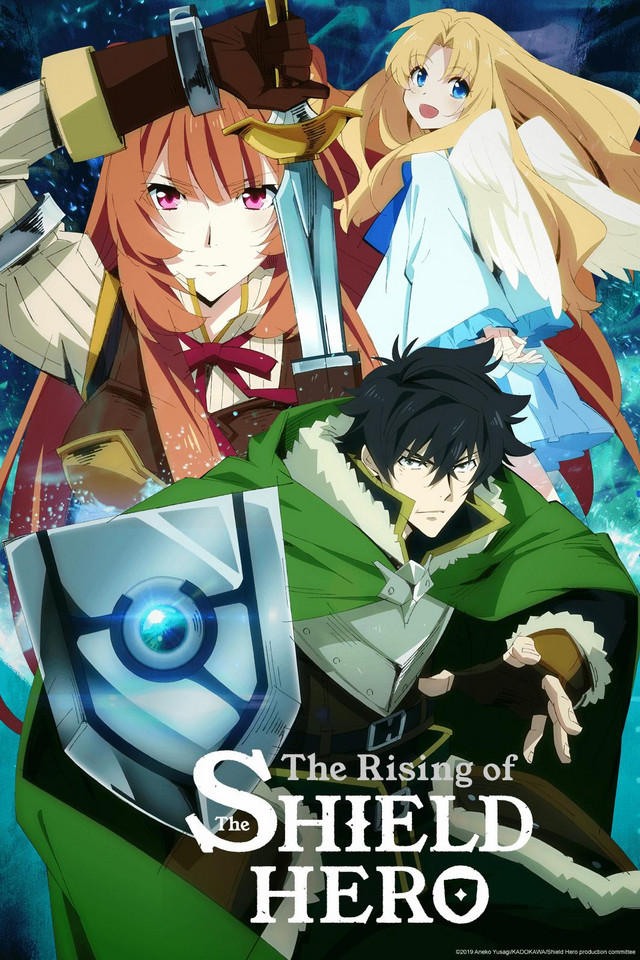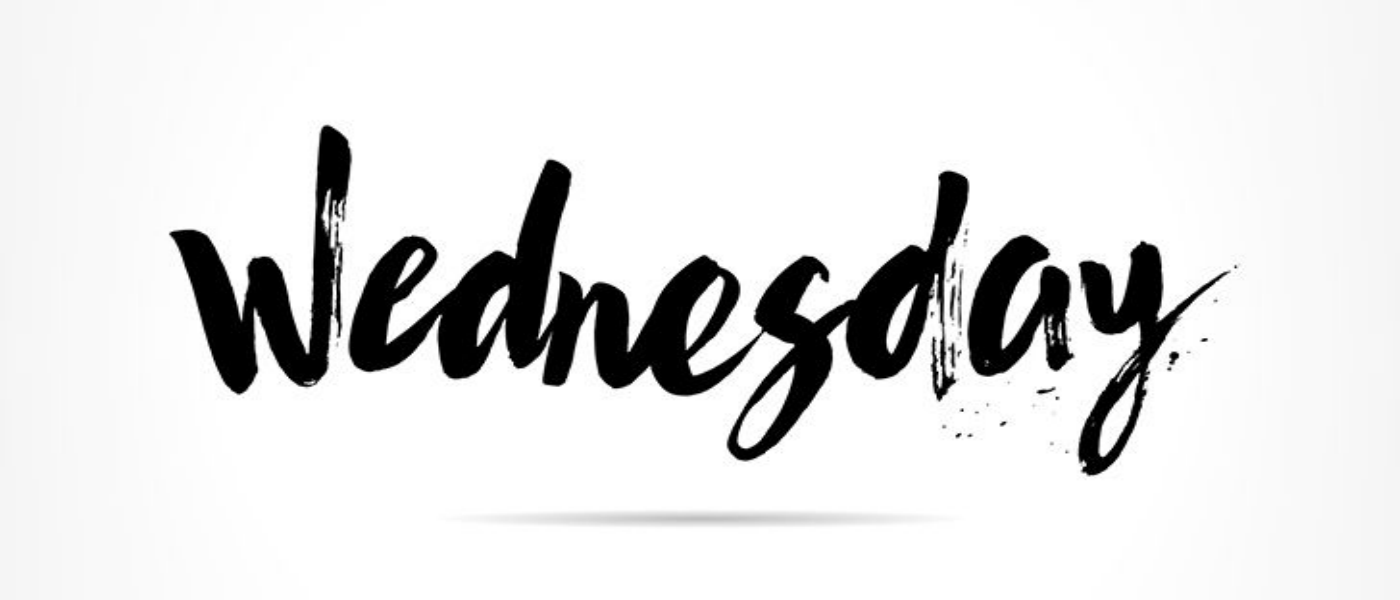English Dub Season Review: Rising of the Shield Hero Season One
Based on Aneko Yusagi’s light novels, and follows Naofumi Iwatani, an easygoing Japanese youth forcibly summoned into a parallel world along with three other guys from different universes to become the Legendary Heroes and fight inter-dimensional monsters called “Waves.” Unlike the others, who get actual weapons like a Spear, Bow, or Sword, Naofumi, by sheer happenstance, receives the Legendary Shield, the only defensive equipment that prevents him from attacking. Things go to shit when his only companion, later revealed as the princess Malty, betrays him, steals all his stuff, and falsely accuses him of sexual assault. Mocked by nobles and shunned by everyone from fellow Heroes to peasants, a now cynical, jaded, and mistrusting Naofumi has to train alone. He buys a young demi-human girl, Raphtalia, and later an egg that hatches into Filo, a Chocobo-inspired bird. Both grow into powerful warriors under his care, and together they start gaining trust, fighting the Waves, and confronting the corruption and injustice in the kingdom, all while Naofumi battles against his inner turmoil.
On the technical side, Season One was produced by Kinema Citrus and directed by Takao Abo, with Keigo Koyanagi handling composition, Masahiro Suwa designing the characters, and Kevin Penkin composing the music. The first opening theme is “Rise”, performed by Madkid, while the first ending theme is “Kimi no Namae”, performed by Chiai Fujikawa. The second opening theme is “Faith,” performed by Madkid, while the second ending theme is “While I’m Next to You”, performed by Fujikawa. For episode 4, Asumi Seto (the Japanese voice of Raphtalia) sings the insert song titled “Falling Through Starlight” as her character Raphtalia.
In a nutshell, the story is less about flashy victories and more about resilience in the face of overwhelming hostility. Naofumi’s shield forces him to fight differently, relying on tactics, defense, and support skills, while also demanding trust and teamwork from his companions. The betrayal he suffers in the opening episodes isn’t a throwaway plot point but a recurring wound that shapes his worldview and makes every act of kindness or trust hard-earned. The narrative smartly explores themes of injustice, corruption, and systemic flaws, especially in the kingdom’s treatment of demi-humans and its blind faith in the other three heroes.
In terms of a narrative structure, this isn’t just a traditional adventure show about a hero fighting monsters. No, this is an anime about a man fighting against the very people who should be his allies and consistently finds new ways to make you dislike characters who otherwise shouldn’t be villains at all, as we later see how carelessly flawed the other three heroes are within this fantasy world who’s actions and interactions with others can have real and sometimes devastating consequences from their so-called “Heroic Deeds” that are further touched upon in later episodes, because unlike Naofumi, the other three heroes, Itsuki, Ren, and Motoyasu are stubbornly and transparently fucking incapable of learning from their mistakes and are easily manipulated by the very same red-headed shrew who made Naofumi’s life hell in the first place.
While this show falls under the ‘Isekai’ sub-genre of anime reminiscent of shows such as “Sword Art Online” and “Overlord,” where the main character is stuck in a JRPG-inspired fantasy world with nods and references to other games within the genre, the kingdom in Shield Hero’s universe is anything but perfect. The corrupt monarchy blindly thinks the “Waves” are the only problem, but given the shitstorm Naofumi experiences in the first fucking episode, he begins to make keen observations about the corruption, injustice, and racism towards the Demi-human species, where slavery ownership is legal, presenting an even larger problem of how imperfect it is. Naofumi may have purchased an animal person to fight for him, but nothing he does to her is ever cruel or abusive compared to every other asshole in the kingdom who treats her, and by extension, her species, quite poorly.
Visually, the animation is respectably solid, but never mind-blowing. Studio Kinema Citrus delivers competent work, with smooth character models and clean action sequences, though the backgrounds are occasionally bland. The soundtrack enhances certain moments but is mostly unintrusive, and the opening and ending songs by MadKid are catchy but don’t leave a lasting emotional impact. Still, the combination of competent animation, solid character designs, and well-timed musical cues helps maintain engagement even during the slower, more exposition-heavy parts of the story. And thankfully, the English dub has standout performances by Billy Kametz (Jojo: Diamond is Unbreakable) as Naofumi, while Erica Mendez (Kill La Kill) as Raphtalia, giving a good balance of strength and vulnerability to their roles.
Overall, if you can get over the shit that happens within the first episode and learn to look beyond its obvious flaws, “Rising of the Shield Hero” is a satisfying watch, as it takes a non-traditional approach to the underdog story in ways even I didn’t expect. But to avoid spoilers, the central conflict is handled and eventually resolved in such a way that it makes sense with the way episode 21 resolved it, but episode 25 managed to top that in spades while leaving me wanting more, with the creator even giving a big thank you to the fans for its success. At the time of this season review, there haven’t been any talks of a 2nd season yet, but after watching the series from start to finish, you can be damn sure I’ll be on board to watch this and maybe read the Light Novels & Manga at some point in the future just to spot the minor differences or see what happens next.









"There are also other characters that come and go (also owned by the Warner Bros. Discovery conglomerate media company)."
Huh. Is that just referring to other characters from the show itself, or is this implying that the new season is going to have cameos from other WBD IPs